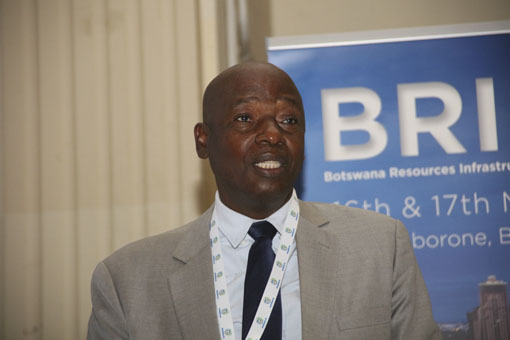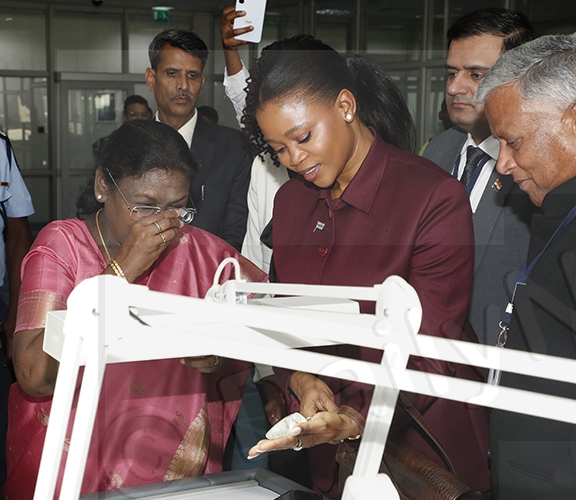BPC strategy provides for independent producersindependent
17 May 2022
With electricity playing a critical role in enabling the proper functioning of economic sectors, including extractive industries and manufacturing, investors should be assured of sufficient and uninterrupted power supply.
Hence, Botswana Power Corporation (BPC) supplements its local power from both Morupule A and B plants, through Eskom of South Africa, with whom they have a cordial contractual relationship.
In an interview with on the sidelines of the ongoing Botswana Resources Infrastructure Energy Forum 2022 on Monday, the Chief Executive Officer of Botswana Chamber of Mines, Mr Charles Siwawa said a small power cut or dip, could cause serious problems in the mining industry.
Mr Siwawa reiterated that constant electricity supply was a necessity for the mining sector, as it “consumes more than 50 per cent of what is being produced by BPC”.
He said the sector was a source of cash flow for BPC, and thus does not want to be in debt or have a negative balance with the corporation, as that would mean being cut off the supply, negatively impacting on productive levels and profitability.
He said Botswana, as a signatory to the COP 26 agreement in Glasgow, Scotland last year, had several projects on the go for the production of power through renewable energy and coal.
“These … would form part of the BPC greater strategy of Integrated Resource Planning (IRP),” he said, adding that the base load of the strategy was the future being more focused on renewable energy than coal.
Moreover, he said the strategy was set for review to look at the power consumption for the next five years or so, and then develop plans to meet this consumption.
“In the strategy, there is also a provision for independent power producers, but the conditions require them to sell it back to BPC to transmit it on their behalf to the rest of the country,” he said.
On wind power generation, Mr Siwawa said the local wind speed was probably too low to generate electricity. He said in the past, wind vanes were small in size and used for pumping water from shallow boreholes, however, “these days they were not there simply because there were better ways of generating power than wind”.
He said the same applied to generating power through water, saying there were no sufficient water supplies to generate electricity as government had taken a stand to adopt the few dams in the northern part of Botswana for portable water supply.
Mr Siwawa therefore, urged investors to try and get renewables, should they find mining deposits where there was no national power grid.
He cited Ghaghoo Diamond Mine in the CKGR for having managed to generate its own power, since there was no grid line there, as well as Khoemacau copper mine, who bought the mine from Discovery Metals, which has its own power station.
He said the challenge with renewables, particularly solar energy, was that technology had not yet been found to create battery storage that could be plugged back into the plant.
Mr Siwawa said should those storage facilities be found; solar energy would be very ideal for adoption by all, because it would be the cheapest to run with. Ends/bopa/tmk/17.05.22 ends
Source : BOPA
Author : Marvin Motlhabane
Location : Gaborone
Event : Interview
Date : 17 May 2022






